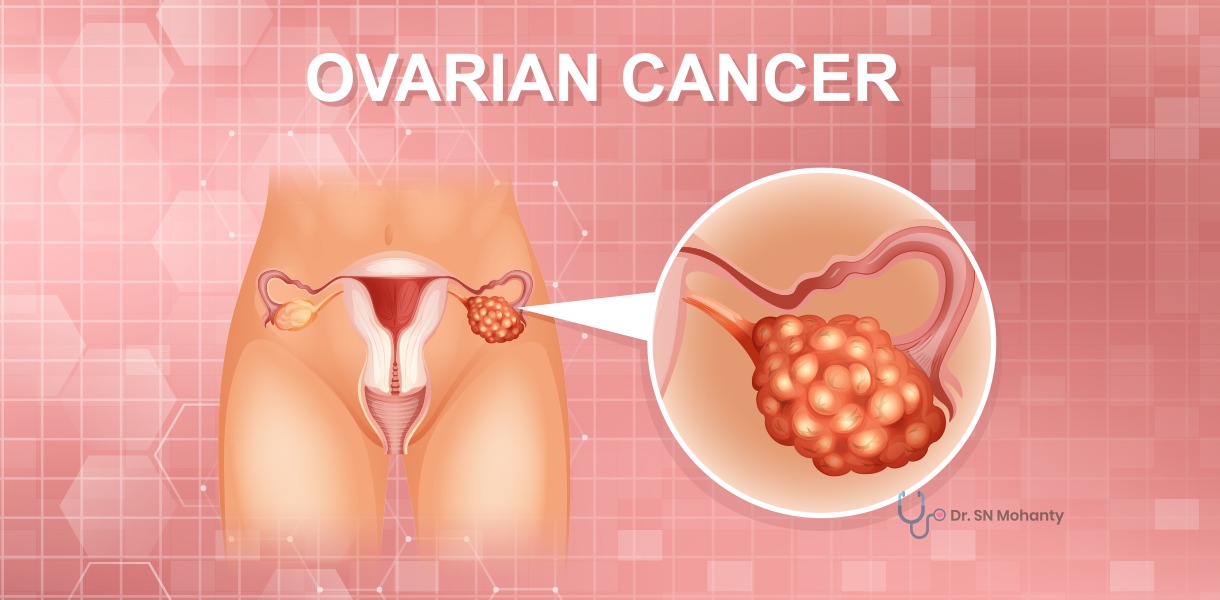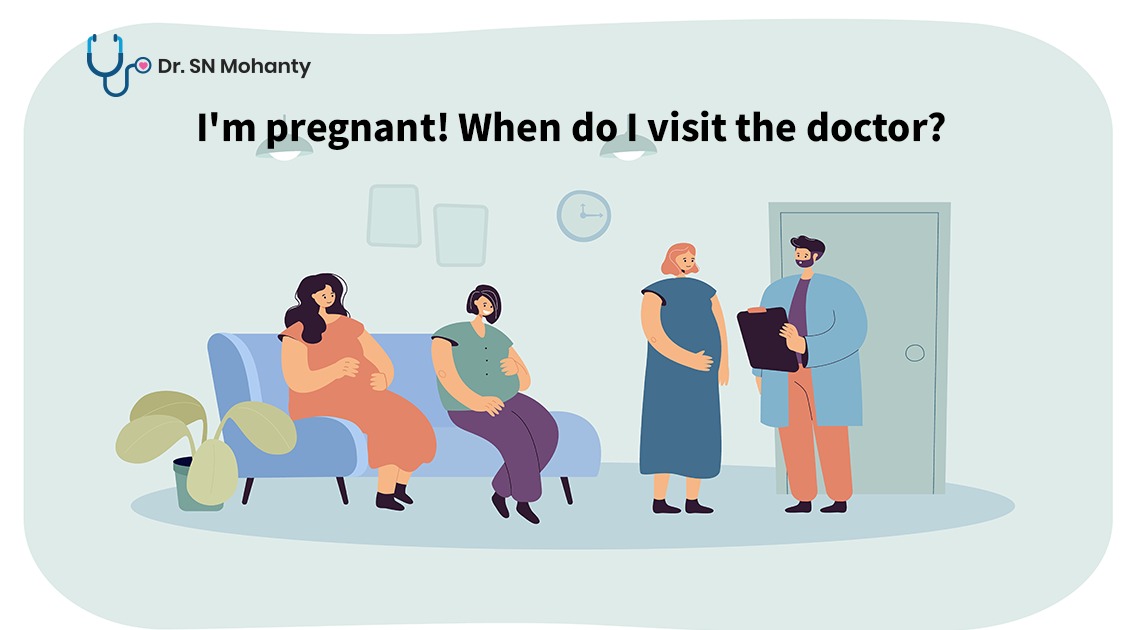
Cancer happens when the cells divide uncontrollably and that leads to destroying the body tissue. At the point when cancer begins in the reproductive organs, it is named as gynecological cancer. Gynecologic oncology is the field of study and practice that manages the tumors of the female genital tract.
The term 'Gynecological Cancers' accompanies the ailment wherein cancer or tumor cells create in the reproductive organs of a women's body which includes cervical cancer, ovarian cancer, uterine cancer, vaginal cancer, vulvar cancer, etc.
There are a few symptoms related to gynecological cancer and each cancer type is associated with certain symptoms. Sometimes it is difficult to identify the symptoms related to cancer.
Gynecological tumors are one of the main sources of cancer-related death in women around the world. Several women are determined to have gynecological cancer and thus, it is imperative to know about the different kinds of gynecological cancer.
There are six kinds of gynecological cancer of which three are normal and the other three are uncommon. The types of cancer are listed below:
• Uterine cancer
• Cervical cancer
• Ovarian cancer
• Vulvar cancer
• Vaginal cancer
• Gestational trophoblastic tumor
Symptoms of Gynecological Cancer
Symptoms vary depending upon the organ that is affected by cancer and any sort of symptoms that you come across that is uncommon to you, it is wise to visit a gynecologist immediately to check with your symptoms.
Vaginal Discharge & Abnormal Vaginal Bleeding can occur with any gynecologic cancer. At times, pelvic pain can happen with uterine and ovarian cancer. Likewise, swelling, difficulties in bowel movement, and an increase in urination frequency can relate to ovarian cancer however not all patients will have those symptoms.
Vulvar cancer causes itching and irritation, with a noticeable lesion. The gynecologists may perform a biopsy of the lesion, in which they take a sample to look for any abnormal cells.
Up until now, cervical cancer has a routine screening test (the Pap smear). Since symptoms of the beginning phase of gynecologic cancer are frequently ambiguous and can likewise be brought about by other, gynecologists urge women to have normal gynecologic tests to check for indications of any cancer development or such diseases that may turn out serious.
Treatment for Gynecologic Cancer
Treatment for Gynecologic cancer relies upon numerous factors, including whether the cancer growth has spread, and whether the patient is willing to conceive or at the youth age.
Gynecologic cancers can be treated in different ways. It relies upon the sort of cancer and how far it has spread. Cancer treatments incorporate medical surgeries, chemotherapy, and radiation. Women diagnosed with gynecologic cancer often receive more than one method of treatment to completely cure cancer.
Gynecologic oncologists are prepared to treat gynecologic cancer utilizing varieties of instruments and technology, including focused on treatment, immunotherapy, chemotherapy, and radiation treatment. These medicines are planned and conveyed to treat the cancerous cells or tissues while saving healthy tissue.
• Surgery is the first-line therapy for some gynecologic malignant growths. The kind of medical procedure may rely upon the sort of gynecologic cancer, its stage, and a patient's fertility concerns. In surgery, Doctors eliminate the cancerous tissue through surgery.
• With the help of chemotherapy, the gynecologist uses special medicines to shrink or kill the cancerous cells. The medications can be taken orally or injected into your veins, or sometimes both.
• Radiation uses high-energy beams or ray (like X-rays) to kill the cancerous cells or tissues.
Your treatment depends on the type of cancer, and different doctors associated with treating your cancer are:
• Gynecologic oncologists are specialists who are prepared to treat diseases of a lady's conceptive framework.
• Specialists are specialists who perform activities.
• Clinical oncologists are specialists who treat disease with medication.
• Oncologists who treat disease with radiation are known as radiation oncologists.
How to avoid Gynecological Cancer?
Even though there is no ensured approach to prevent gynecologic cancer, the best way to prevent the risk of gynecologic cancer is to take the utmost care of yourself and prevent such things or activities that may increase your risk of gynecologic cancer.
At the point when you come across symptoms or are diagnosed with gynecologic cancers, the earliest treatment is the best way to aggravate cancer.
Here are some ways in which you can reduce the risk of gynecologic cancer:
• Have Pap Smear or Pap test to look for any abnormal cells change in the cervix to detect cervical cancer in the earliest stage.
• Protect yourself from HPV (Human Papilloma Virus) as they are the main cause of cervical, vulvar & vaginal cancer.
• Avoid smoking as smoking increases the risk of various cancer, including cervical cancer.
• Make healthy choices of lifestyle. Eat a balanced diet, include yourself in various physical activity, and ensure to maintain a healthy weight
• Discuss your family history. You are at a greater risk for some cancers if you have a family history of gynecologic cancer.
It is wise & advisable to go for an annual check-up for your overall gynecological health. If you are experiencing any such symptoms or see any unusual symptoms within you, consult with the best gynecologist immediately.










